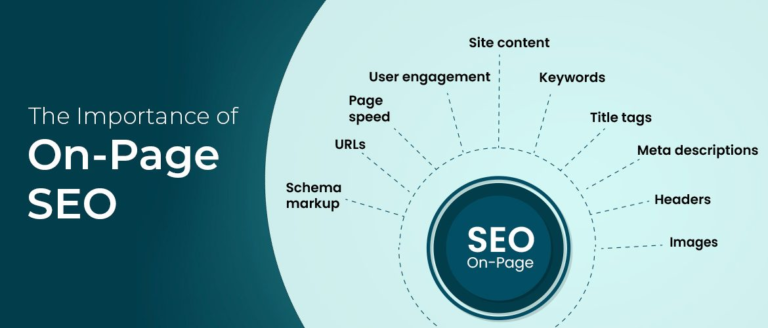
The rules of work are being changed by Generation Z, which includes people born between 1997 and 2012. Unlike previous generations who pursued stability through traditional 9-to-5 jobs, Gen Z is rejecting those paths in favor of more flexible, purpose-driven alternatives. This shift has left many employers, educators, and policymakers wondering: Why is Gen Z so popular in conversations about the future of work?
The answer lies in their values, digital fluency, and desire for autonomy. This is a generation shaped by rapid technological change, social justice movements, and economic uncertainty—all of which influence their career choices.
The Decline of the Traditional Path
Traditional career paths often involve securing a degree, landing a corporate job, climbing the ladder, and retiring after decades of loyalty. But for many in Gen Z, this trajectory feels outdated. Job security in corporate environments is no longer guaranteed, and many young people have witnessed their parents or older siblings experience layoffs or burnout.
Moreover, Gen Z is skeptical of the idea that job titles and years of service define success. Instead, they prioritize meaningful work, mental well-being, and the freedom to pivot careers as needed. For them, sticking with one company for 30 years is not a badge of honor—it’s a potential loss of opportunity and growth.
Flexibility Over Formality
Gen Z values flexibility more than any generation before them. Remote work, freelance opportunities, and side hustles offer the freedom to work on their own terms. Many choose project-based work or start small businesses instead of applying for jobs that demand rigid schedules or outdated corporate hierarchies.
This shift isn’t just a preference—it’s a necessity. As digital natives, Gen Z can monetize skills like coding, video editing, content creation, and social media management without ever stepping into a traditional office. Platforms like YouTube, TikTok, and Fiverr have empowered them to turn their passions into careers.
Purpose-Driven Choices
The Gen Zs also crave purpose in their professional lives. They are drawn to companies and projects that align with their values, whether that’s sustainability, equity, or innovation. This generation is more likely to work for a startup with a social mission than a global corporation with a high salary but no meaningful impact.
It’s not uncommon to see Gen Z opting out of lucrative positions because they clash with their ethics or lifestyle goals. They want to make a difference, and if a job doesn’t offer that, they’ll look elsewhere—even if it means earning less.
Lifelong Learning and Adaptability
Another reason Gen Z is leaving traditional paths behind is their embrace of continuous learning. With online resources like Coursera, YouTube, and LinkedIn Learning, they can upskill quickly and pivot to new careers when needed. This adaptability gives them the confidence to forge unconventional paths, combining skills across industries or creating entirely new roles for themselves.
They are less concerned with formal credentials and more focused on practical knowledge and creativity. This outlook fuels entrepreneurship and innovation, key traits that are reshaping the job market.
So, Why is Gen Z So Popular?
So, why is Gen Z so popular in workplace discussions and media coverage? Because they represent the future. They are not only adapting to changes in the economy—they’re driving them. By prioritizing flexibility, ethics, and innovation, they’re pushing companies to rethink outdated systems and create more inclusive, agile environments.
Gen Z’s popularity stems from their influence. Employers, brands, and institutions are all paying attention to what they value and how they work. Their rejection of the traditional doesn’t signal irresponsibility—it signals evolution.
In conclusion, Gen Z is forging their own path—one that prioritizes personal values, freedom, and impact over stability and status. They’re not just rejecting old ways; they’re building something new. And the rest of the world is watching, learning, and, in many cases, following their lead.



